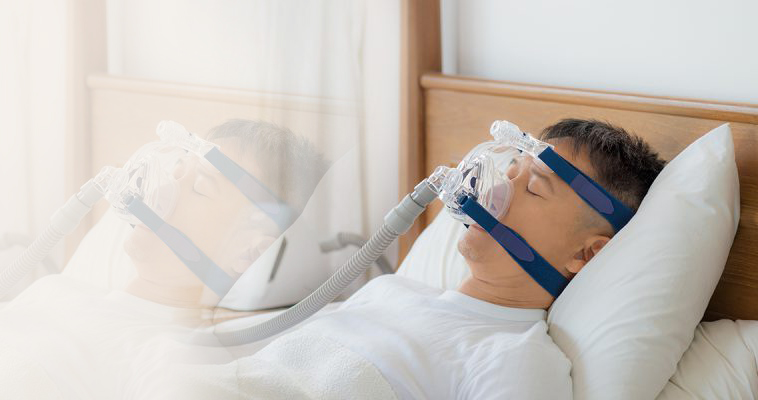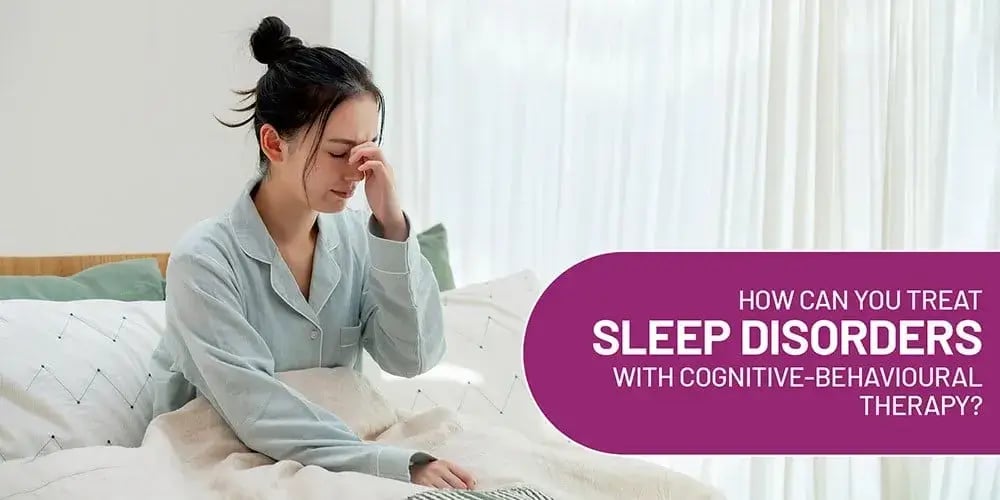Comprehensive Sleep Disorder Treatment - Locate the Best Solutions
Comprehensive Sleep Disorder Treatment - Locate the Best Solutions
Blog Article
Reliable Treatment Solutions for Managing Rest Disorders and Enhancing Relaxing Sleep
In the world of health care, the monitoring of rest disorders and the quest for relaxed sleep are critical parts of total health. As we navigate the elaborate landscape of sleep disorders and look for to boost our rest experience, a much deeper understanding of these treatment solutions may hold the secret to opening a more refreshing and meeting corrective trip.
Cognitive Behavior Modification for Sleeping Disorders (CBT-I)
Cognitive Behavior Modification for Sleep Problems (CBT-I) is a structured, evidence-based treatment method that concentrates on resolving the underlying factors contributing to sleep disturbances. This sort of therapy aims to customize behaviors and ideas that worsen sleep problems, inevitably promoting healthy rest patterns. CBT-I typically entails several vital parts, consisting of cognitive treatment, rest limitation, stimulus control, and sleep hygiene education.
Cognitive treatment aids people identify and change adverse idea patterns and beliefs concerning rest that might be impeding their ability to drop or stay asleep. Rest limitation includes limiting the amount of time invested in bed to match the individual's real rest duration, thereby increasing rest performance (sleep therapy). Stimulus control techniques help establish a solid association between the bed and sleep by urging individuals to go to bed just when sleepy and to stay clear of participating in stimulating tasks in bed
Moreover, sleep hygiene education concentrates on developing healthy and balanced rest habits, such as keeping a consistent sleep schedule, developing a relaxing bedtime routine, and maximizing the rest setting. By resolving these elements adequately, CBT-I uses an effective non-pharmacological treatment for managing sleep problems and enhancing total rest top quality.
Sleep Hygiene Practices
Having actually established the foundation of cognitive restructuring and behavioral alterations in attending to insomnia with Cognitive Behavior modification for Sleeping Disorders (CBT-I), the focus currently changes in the direction of checking out vital Rest Hygiene Practices for maintaining ideal rest quality and general health.
Sleep hygiene methods incorporate a range of routines and ecological variables that can considerably influence one's ability to go to sleep and stay asleep throughout the evening. Regular rest and wake times, creating a relaxing bedtime routine, and enhancing the rest atmosphere by maintaining it dark, silent, and cool are essential elements of great rest health. Restricting direct exposure to screens before going to bed, staying clear of stimulants like high levels of caffeine near going to bed, and participating in normal exercise throughout the day can also promote better sleep quality.
Furthermore, exercising leisure strategies such as deep breathing workouts or meditation prior to bed can assist relax the mind and prepare the body for rest. By integrating these sleep health methods into one's daily routine, people can establish a healthy sleep pattern that sustains peaceful rest and total health.
Relaxation Strategies and Mindfulness
Executing leisure methods and mindfulness methods can play a crucial role in promoting a feeling of calm and promoting quality rest. Additionally, directed images can help move people to a serene location in their minds, aiding in tension reduction and enhancing rest quality.
By integrating these practices into a going to bed routine, people can signal to their bodies that it is time to unwind and prepare for sleep. Overall, incorporating leisure techniques and mindfulness methods can considerably contribute to handling sleep disorders and boosting general rest top quality.

Medicine Options for Rest Disorders
After exploring relaxation methods and mindfulness methods as non-pharmacological treatments for enhancing rest quality, it is necessary to take into consideration medicine alternatives for individuals with sleep conditions. In situations where way of living changes and therapy do not give sufficient relief, medication can be an important tool in managing sleep disturbances.
Frequently recommended medicines for sleep conditions include benzodiazepines, non-benzodiazepine hypnotics, antidepressants, and melatonin receptor agonists. Benzodiazepines, such as diazepam, are sedatives that can assist induce rest, but they are usually suggested for short-term usage as a result of the danger of dependence. Non-benzodiazepine hypnotics like zolpidem are anonymous likewise used to deal with sleep problems and have a reduced threat of dependancy compared to benzodiazepines. Antidepressants, such as trazodone, can be useful for individuals with co-occurring anxiety and sleep disruptions. Melatonin receptor agonists, like ramelteon, target site link the body's all-natural sleep-wake cycle and can be valuable for controling sleep patterns.
It is important for individuals to seek advice from with a doctor to determine one of the most suitable drug choice based on their details sleep problem and case history.
Light Therapy for Body Clock Regulation
Light therapy, also called phototherapy, is a non-invasive therapy method made use of to regulate body clocks and boost sleep-wake cycles. This therapy entails exposure to brilliant light that simulates all-natural sunshine, which assists to reset the body's biological rhythm. By revealing individuals to certain wavelengths of light, normally in the early morning or night depending upon the preferred result, light therapy can efficiently readjust the circadian rhythm to promote wakefulness throughout the day and boost relaxing rest in the evening.
Research has actually shown that light therapy can be especially advantageous for individuals with body clock problems, such as postponed sleep phase disorder or jet lag. It can additionally be useful for those experiencing seasonal depression (SAD), a sort of depression that normally delayed sleep phase disorder takes place throughout the cold weather when all-natural light direct exposure is lowered. Light therapy is typically well-tolerated and can be used together with various other therapy methods for sleep conditions to enhance results and enhance total rest top quality.
Verdict
In conclusion, efficient therapy services for handling rest conditions and improving relaxing rest consist of Cognitive Behavioral Therapy for Sleep Problems (CBT-I), rest hygiene practices, leisure methods and mindfulness, medicine choices, and light treatment for body clock policy. These approaches can aid people enhance their sleep quality and overall health. It is necessary to speak with a doctor to establish one of the most suitable technique for resolving sleep concerns.
As we browse the elaborate landscape of sleep problems and seek to enhance our rest experience, a much deeper understanding of these therapy remedies may hold the secret to unlocking a much more rejuvenating and meeting corrective journey.
Rest restriction entails restricting the amount of time invested in bed to match the individual's real sleep duration, consequently enhancing rest efficiency. Consistent sleep and wake times, developing a relaxing bedtime regimen, and enhancing the rest atmosphere by maintaining it dark, quiet, and cool are important components of good sleep hygiene. Light therapy is normally well-tolerated and can be used in conjunction with various other treatment approaches for rest conditions to maximize results and boost overall sleep quality.

Report this page